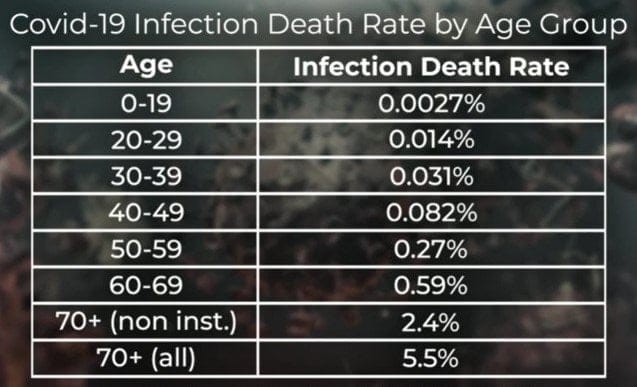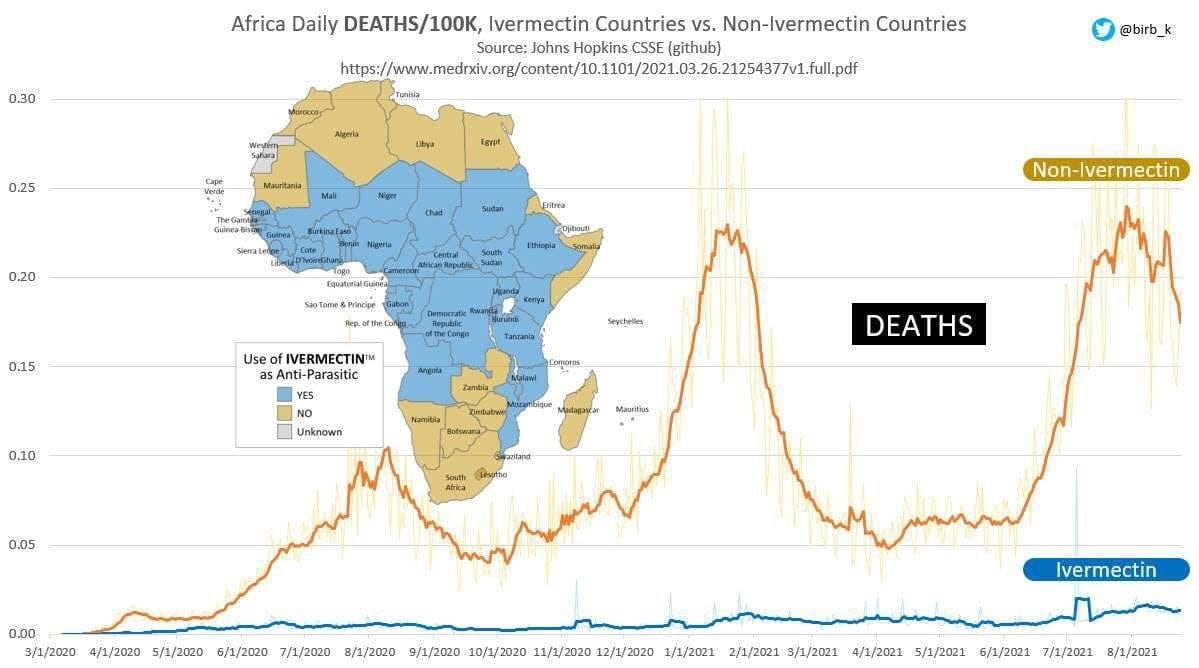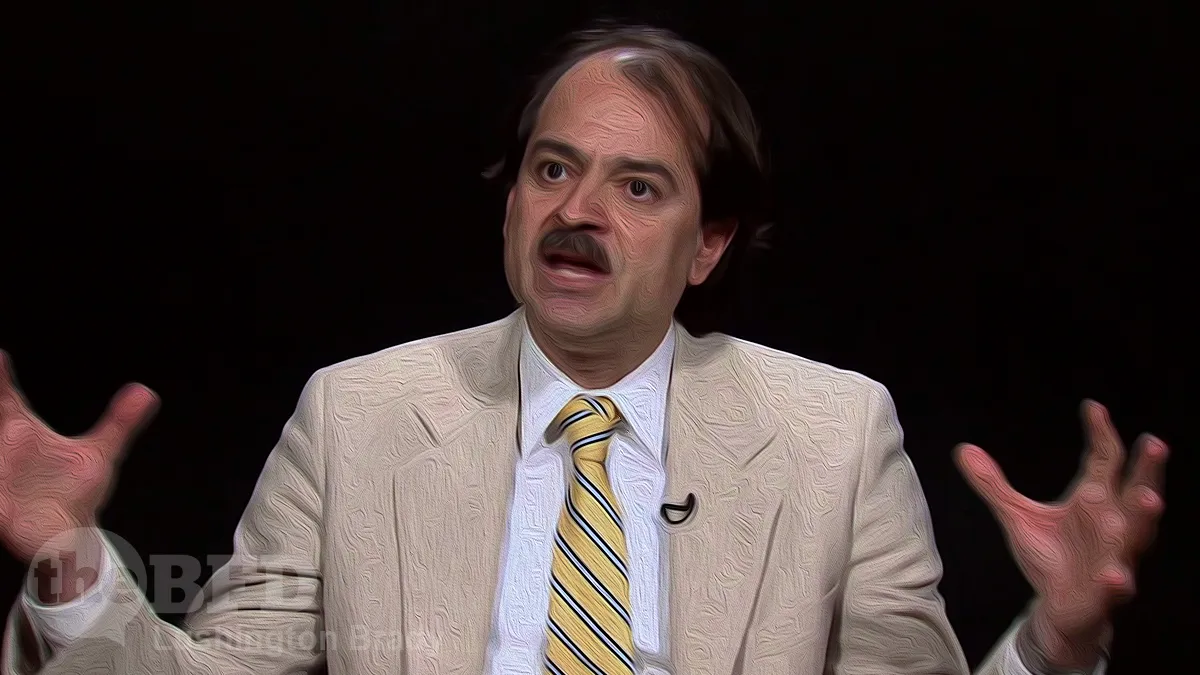Table of Contents
New Zealand Doctors Speaking Out With Science
nzdsos.com
Information
Opinion
World-leading Infectious Disease Epidemiologist, Professor John Ioannidis of Stanford University, features in Out to See, a documentary released last week. An NZDSOS volunteer wrote this brief review on the film and her own experiences relating to Professor Ioannidis.
What Happened to John Ioannidis?
In the first half of 2020 I thought I was, and likely was, losing my mind due to the incredibly strange pandemic events breaking every conventional public health wisdom I had ever learned. One of the first Infectious Disease Epidemiologists I found, saving my sanity, was Professor John Ioannidis of Stanford University. It was such a relief to hear him speak.
Yet when I Googled his name all I found were “fact checks” suggesting he was misrepresenting the truth, his research was severely flawed, something “had happened” to him. That was long before I knew this about Google, and this about the media. This eventually explained why my searches for decent information failed for so long, and when I finally found people speaking intelligently using data and evidence, they were inevitably character-assassinated and silenced, to the point of some very eminent careers crashing to an abrupt end.
Professor Ioannidis received death threats after publishing papers on Covid-19 in early 2020. Rumours spread about his elderly mother, living alone in Greece, dying of Covid-19. She received phone calls at her home from people asking for details of her own funeral, leading to a hypertensive crisis which almost killed her.
A short time after this, Professor Ioannidis’ research, a systematic review of seroprevalence studies, was quietly published in the WHO Bulletin, receiving no attention whatsoever, but vindicating him from the vilification he had endured. It was a very confusing period as it became clear that the public are told one thing whilst the public health evidence almost inevitably says something else entirely. Dr Paul Alexander wrote on 18 October about the attacks that people and groups such as himself, Ioannidis, Professor Scott Atlas, Dr Peter McCullough, the many doctors, public health experts and data analysts at PANDA and many others have all faced despite their analyses being proven correct time and again.
Ioannidis’ findings showed that the Covid infection fatality rate (IFR) was much lower than very high initial estimates out of China and then Italy and New York. In any outbreak initial estimates are always higher, as the only known cases are the very sick, and only over time are those with mild or no symptoms identified, usually reducing the IFR significantly. Seroprevalence studies test for presence of antibodies which show evidence of infection, regardless of symptoms or diagnosis, and are therefore superior to relying on results from those presenting for medical attention, in estimating a disease IFR.

The steep age stratification of Covid-19 risk (more than 1,000-fold between 0-19yo and 70+yo) was known very early on in this pandemic. Geographical differences have been seen which could be due to multiple possible factors such as different population age structures, prior immunity, genetics and incidental exposure to effective treatments such as Ivermectin.

The institutionalised elderly (ie those in nursing homes) are at highest risk, apparently connected to immune health but with different management policies and practices apparently influencing outcomes initially, demonstrated by a wide range of outcomes between locations and even different homes within the same location. Shocking reports have also emerged of apparently deliberate harms such as use of Morphine and Midazolam in the UK, incentivised use of ventilators and Remdesivir in the USA.
Resources should always have focused on employing established practices to protect the vulnerable, especially in nursing homes, over population-wide measures which had little to no virus impact and caused immeasurable harms. The Great Barrington Declaration, written by colleagues of Ioannidis, provided this advice and has been extremely well supported despite a very aggressive “takedown” attempt from the Fauci-Collins cartel.

John Ioannidis is a Greek-American medical doctor, ID epidemiologist and professor at Stanford University. Out to See, an informative but also lovely documentary, showcases his delightful personality and ability to describe his knowledge and experience with humility and light-hearted fun. In times of stress during the past two years, I have sought out his interviews not only to learn more, but because of his distinct ability to accept and even laugh through, absurdity and horror. The Covid pandemic taught me the extent of human cruelty, indifference, ego and selfishness. But it also introduced me to people like Ioannidis.
One of my favourite Ioannidis stories is as a very young child, the way he calculated mathematically, his love for each individual family member. The harms of lockdowns, particularly to the youngest and poorest in society, are described by Ioannidis with intelligent analysis, empathy and humanity. He is the embodiment of heart, soul and brain. As with other talented academics, his skill is not limited to one speciality: he describes his love for mathematics, swimming and writing novels as well as medicine and public health.
In keeping with his unique personality, Out To See is a beautifully filmed documentary featuring Professor Ioannidis’ perspective on childhood, humanity, history, philosophy, medicine, science, politics, corruption, common sense, social cohesion and more. Filmed in multiple locations from Stanford to Vienna to Ioannina, it ends with Ioannidis reciting one of his own stories.









